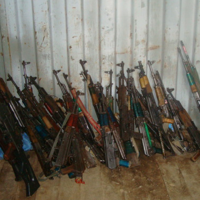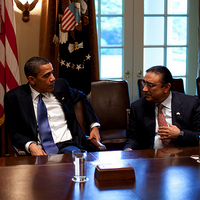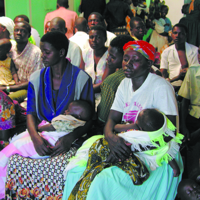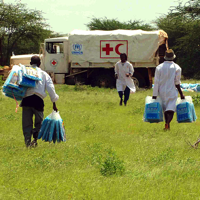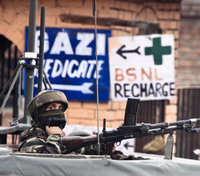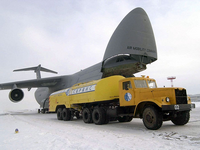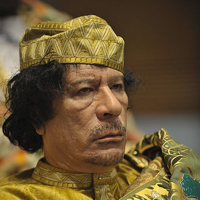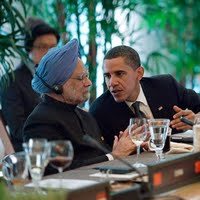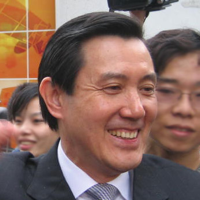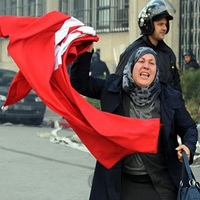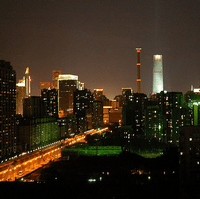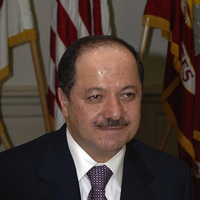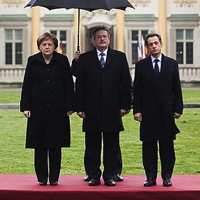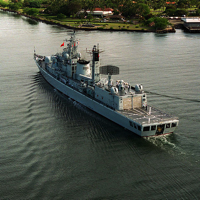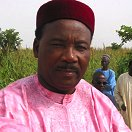
What a difference a year makes. On March 14, provisional results announced by Niger’s electoral commissioner gave veteran opposition leader Mahamadou Issoufou the edge in a presidential poll widely hailed as free and fair and accepted gracefully by his defeated opponent, former Prime Minister Seini Oumarou. The election fulfilled the hopes and anticipations for a strong democratic showing from Niger, which had flirted with chaos after a military coup ousted President Mamadou Tandja in February 2010. Tandja’s desire to remain in office beyond his term was opposed by the armed forces, which had helped him assume power in the first […]

